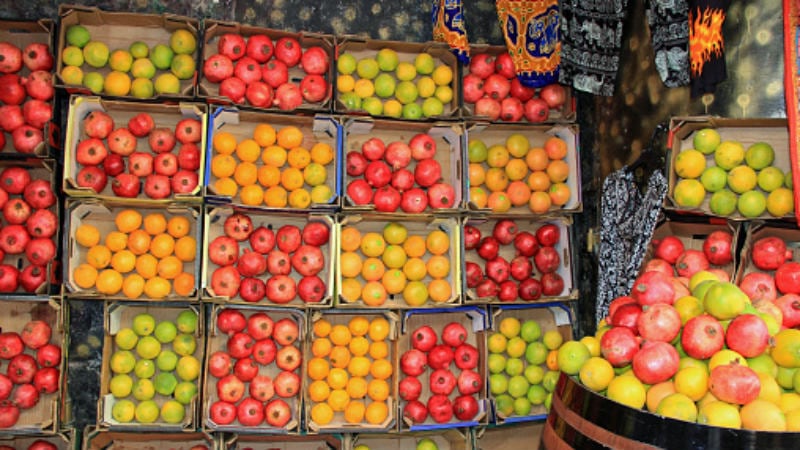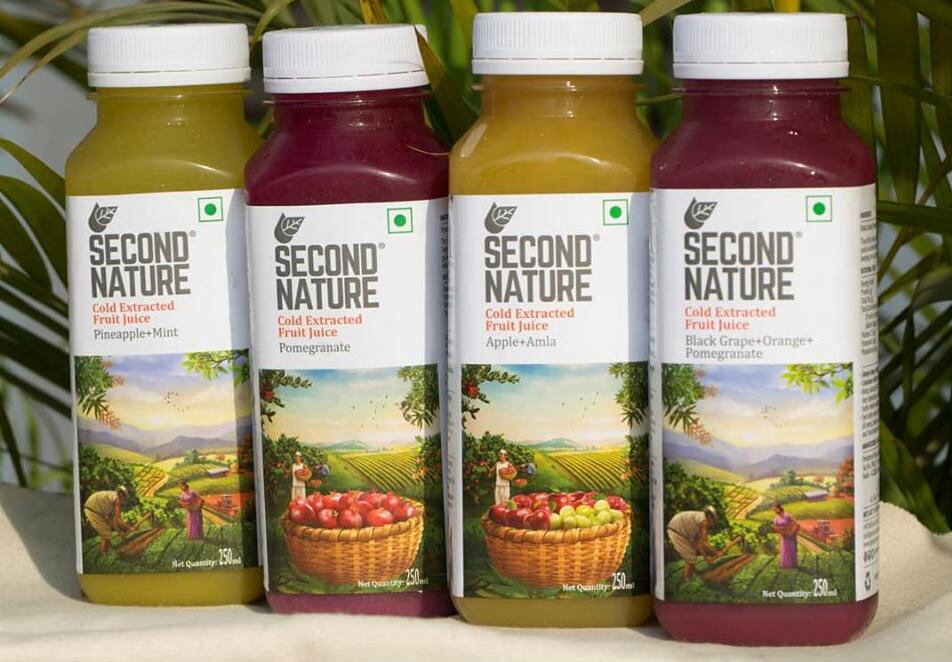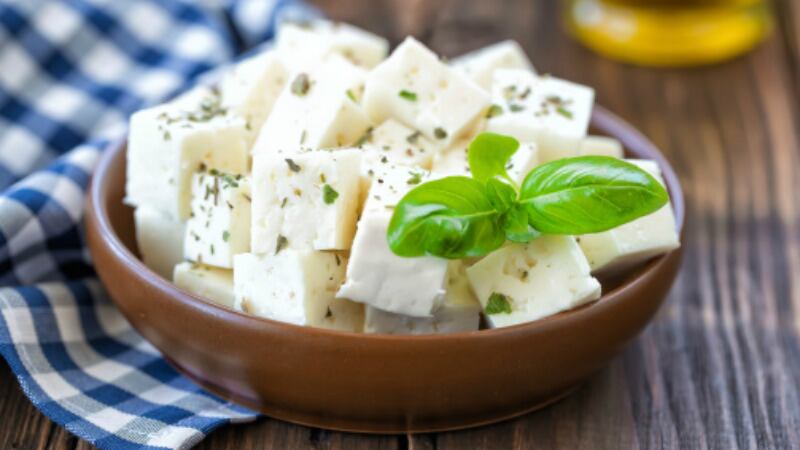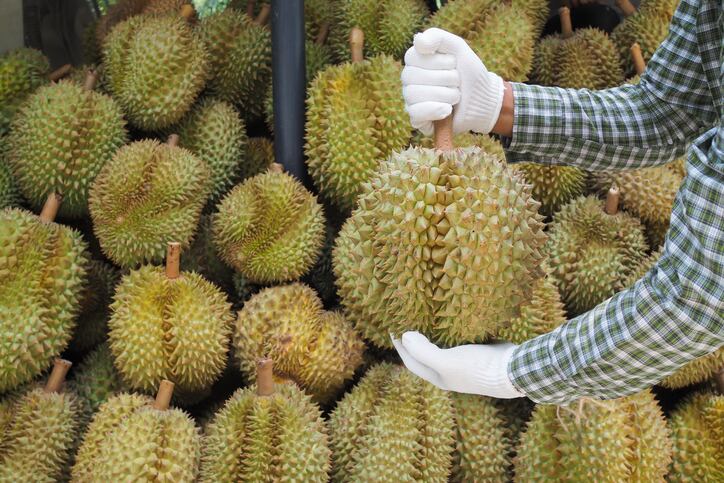Set under the purview of the Pakistan Horticulture Development and Export Company (PHDEC) under the Pakistan Ministry of Commerce, the marketing plan is said to be the first of its kind in the country.
"[The] marketing strategy for promoting exports of these products until 2021-2022 [has almost been finalised," a ministry spokesman told Dawn.
"[This will be done] in consultation with stakeholders in the next six months."
Detailed analysis on these five crops will be outsourced by the government so as to 'identify their potential' as key export promotional products, and key areas of focus will include export routes to Africa, China and Europe, import substitutions for local crops such as garlic and lentils, and further mapping of Horticulture Zones along what has been dubbed the China-Pakistan Economic Corridor (CPEC).
Total horticultural exports in 2018-2019 are expected to reach some PKR700mn (US$4.4mn). According to the most recent numbers from the Pakistan Bureau of Statistics (PBS), the value of Pakistan fruit and vegetable exports between July 2018 and April 2019 stood at just over US$580,000.
For these crops, such as mango of which Pakistan produces some 1.8 million tonnes, the Ministry of Commerce is confident that the full potential is not being hit.
"Pakistan exports some 6% of our total mango production, [but] the export capacity is a lot more than this," said a ministry spokesman to Express Tribune Pakistan.
"Poor quality and lack of will/commitment on the part of the exporters to deliver the quality demanded by the international market are some of the factors hindering the growth in mango exports, in addition to low per-hectare yield.”
In an attempt to address these issues, PHDEC has also attempted to complement the broad export strategy planning effort with other initiatives such product specific seminars aimed at capacity building, for example focusing on citrus at the end of the citrus export season earlier this year in March.
The company's Agribusiness Support Fund (ASF) is another of its major horticultural support initiatives, with many grants handed out by the fund focused on projects that would benefit fruit and vegetable cultivation and processing in the country.
According to the PHDEC website, 2018 saw one of the fund's largest round of approved grants, which went to studies supporting HACCP certification for fruit processing units, pack house establishment for vegetable processing units and more.
Target countries
The Pakistani Ministry of Commerce also sees wide potential in Indonesia for the country, as detailed in its report Opportunities for Pakistan in Indonesian Horticultural Market.
Pakistan and Indonesia have an existing Preferential Trade Agreement (PIPTA) which covers seven horticultural products: Citrus, dates, apples, grapes, pears, quinces and apricots.
Of these, Pakistan dates were found to potentially have the most significant export value for Indonesia.
"Indonesia imports around 35,000 tons of dates every year, [so] the opportunity for date export to Indonesia does exist," it said.
"Market analysis conducted by the Commercial Section, Embassy of Pakistan, Jakarta revealed that import licensing procedures are often a discouraging factor for dates exporters from Pakistan.
"[Moving forward], we may encourage exporters for this market and facilitate interested parties through our Commercial Section in Jakarta."
China is another prime target for the country for the export of both raw commodities and processed products, due to existing tariff concessions.
According to Ministry of Commerce secretary Mohammad Yonous Dagha, China has agreed to accommodate 70 products, including commodities, on tariff concessions, and the incentives make Pakistani products 'more competitive' in the China market.
"The next phase of Chinese investment in Special Economic Zones in Pakistan will also help [the economy]," he said on the government-linked Emerging Pakistan website.





